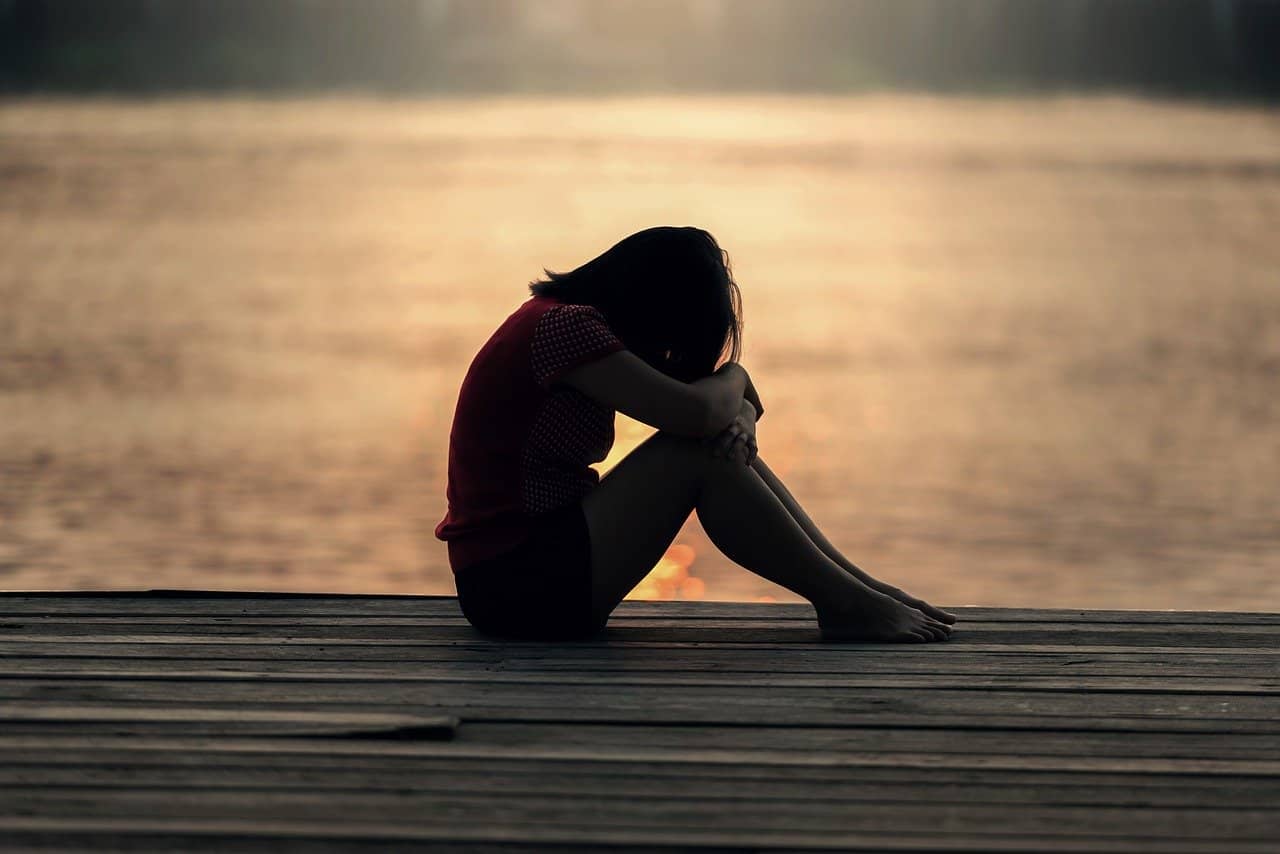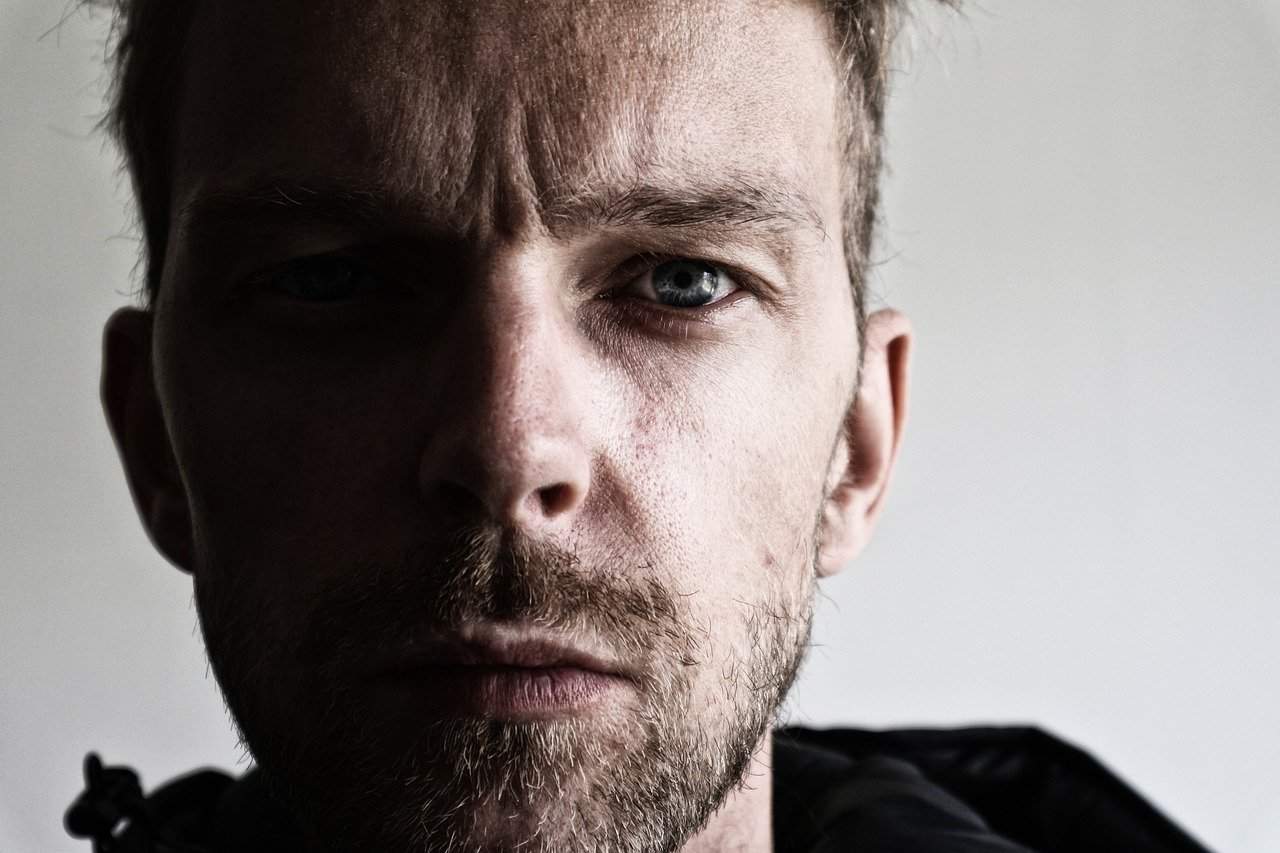Depression is a serious but treatable mental health disorder. Nearly 264 million people experience depression, according to the World Health Organization. Yet it’s still something that many people have trouble talking about with others. Without acknowledging depression, your loved one can’t get help. How can you help somebody get help for themselves if they’re experiencing it?
Recognizing Depression
Depression isn’t a one-size-fits-all disorder. Just as there are varying levels of physical disease, depression can manifest itself in different ways. Some people may be severely depressed while others are able to maintain a functional façade and rarely show people how they’re feeling.
Some symptoms of depression are more subtle than others. Here are some typical signs of depression:
- Sleeping problems, such as sleeping too much or not at all.
- Hygiene issues, such as not showering or washing hair regularly.
- Loss of interest in their surroundings; they may no longer maintain their home or bedroom like they once did.
- Loss of interest in hobbies or sports.
- Isolation and avoiding friends.
- Suicidal thoughts or feelings. These may be expressed out loud, such as, “You all would be better off without me, anyway.”
- Eating much more or less than usual.
- They are abusing alcohol or drugs.
- A bleak or a negative outlook on life.
Helping a Loved One
There’s no way to wish depression away. Feeling depressed can be overwhelming and lonely, and it’s hard to talk about it with others who don’t understand. Professional mental health providers are prepared to help people work through their feelings and seek medication and other support if needed.
If you’re a relative of somebody who is depressed, you probably feel your own emotions about the situation. You might feel helpless, frustrated, and or sad. These reactions are normal. However, you can’t let these feelings get in the way of your loved one’s recovery. Get a few books or join a website to learn more about mental health disorders. Learn how to take care of yourself as well- you need to make sure you’re not sacrificing your own health to help another.
If you want to help your loved one, it’s essential to forget about any stigma you may feel regarding mental health. Depression is a disease, and your loved one needs and deserves treatment. You can help support them by assisting them in finding services they need and doing simple things such as providing rides or offering your shoulder to cry on.
Getting Help for Depression
Depression is a disorder, not a choice or a weakness. Without assessment and treatment, few people get better on their own. Therapy will help your loved one gain coping skills and learn to navigate the world as they’re getting help. Reaching out can be hard, but it’s the start of a new path in life to recovery and mental wellness. A mental health professional can help create a treatment plan and provide support through the journey. Learn more about our services by calling us at 949-245-9812.




